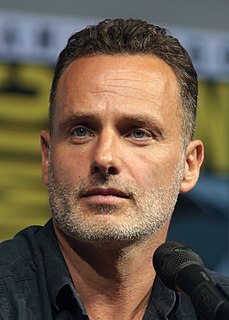A Quote by Steve Jobs
Combine science and humanities.
Quote Topics
Related Quotes
I loved everything. I loved sciences and I loved humanities. But ultimately, I felt that in the humanities, you know, you're writing about things that already exist. But in the sciences, you're discovering things that no one has known before. Ultimately I chose psychology because it seemed to combine science with things that I liked to think about.
What use could the humanities be in a digital age? University students focusing on the humanities may end up, at least in their parents' nightmares, as dog-walkers for those majoring in computer science. But, for me, the humanities are not only relevant but also give us a toolbox to think seriously about ourselves and the world.
Everything is humanities. The sciences are a form of the humanities. They involve traditions of inquiry; they involve social engagement with ideas. They do not happen with a naked brain going out and encountering a nonhuman world. And the better we understand ourselves, the better we can do science, as well. So I don't see them - the sciences and the humanities - as being at all different.
Social science and humanities ... have a mutual contempt for one another, the former looking down on the latter as unscientific, the latter regarding the former as philistine. ... The difference comes down to the fact that social science really wants to be predictive, meaning that man is predictable, while the humanities say that he is not.
The relationship between science and the humanities is two-way. Science changes our view of the world and our place in it. In the other direction, the humanities provide the store of ideas and images and language available to us in understanding the world. The exploding star of A.D. 1054, the Crab Nebula, was sighted and documented by the Chinese, but nowhere mentioned in the West, where the Aristotelian notion of the immortality of stars still held sway. We often do not see what we do not expect to see.
I think we've lost the idea that politicians are part of the humanities. And we think of them as part of a natural science tradition, and we don't expect them to have the contact with literature, with history, with the richness of descriptive language that the humanities have always stood for. And I think that's a great loss.
As for types like my own, obscurely motivated by the conviction that our existence was worthless if we didn't make a turning point of it, we were assigned to the humanities, to poetry, philosophy, painting - the nursery games of humankind, which had to be left behind when the age of science began. The humanities would be called upon to choose a wallpaper for the crypt, as the end drew near.



































